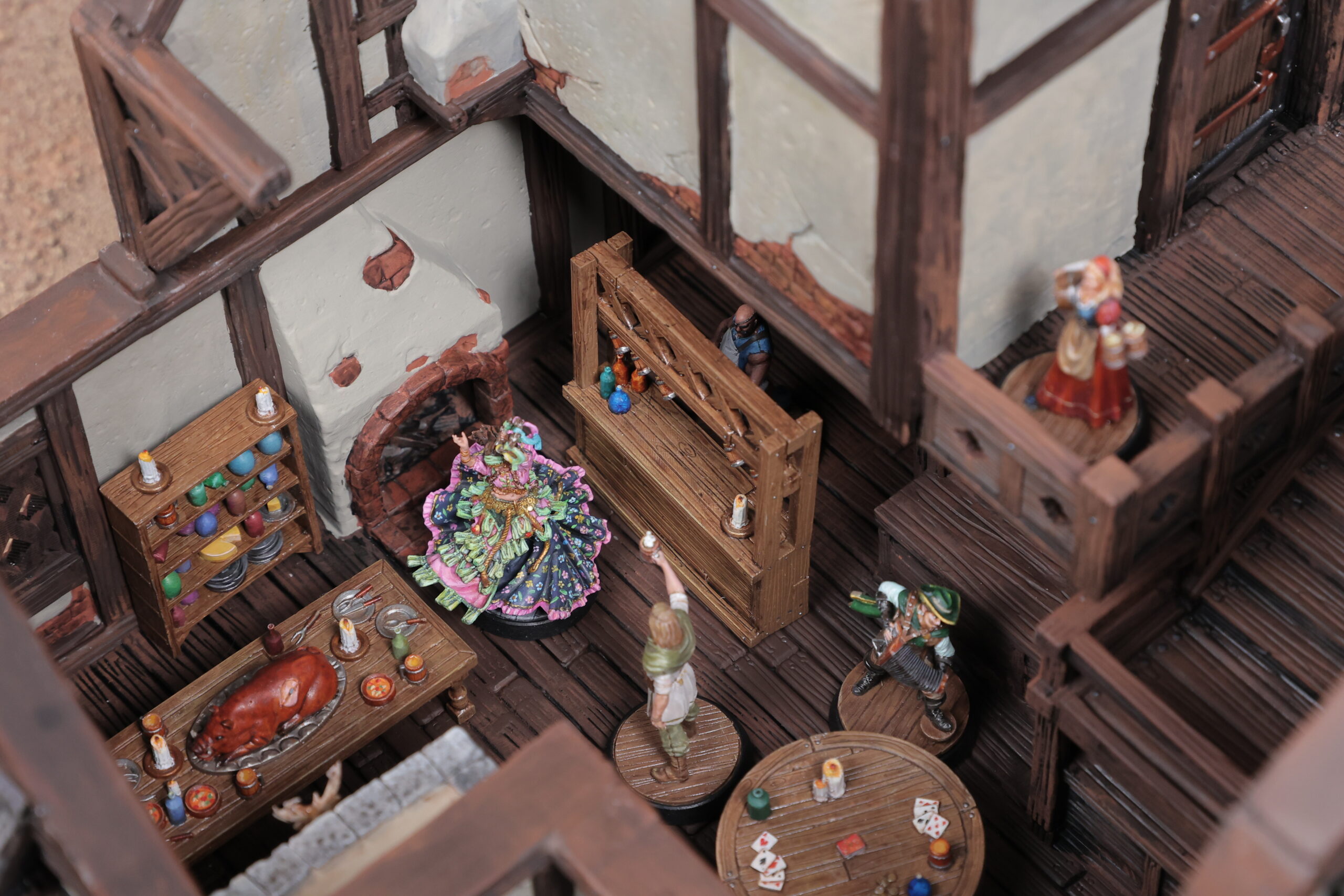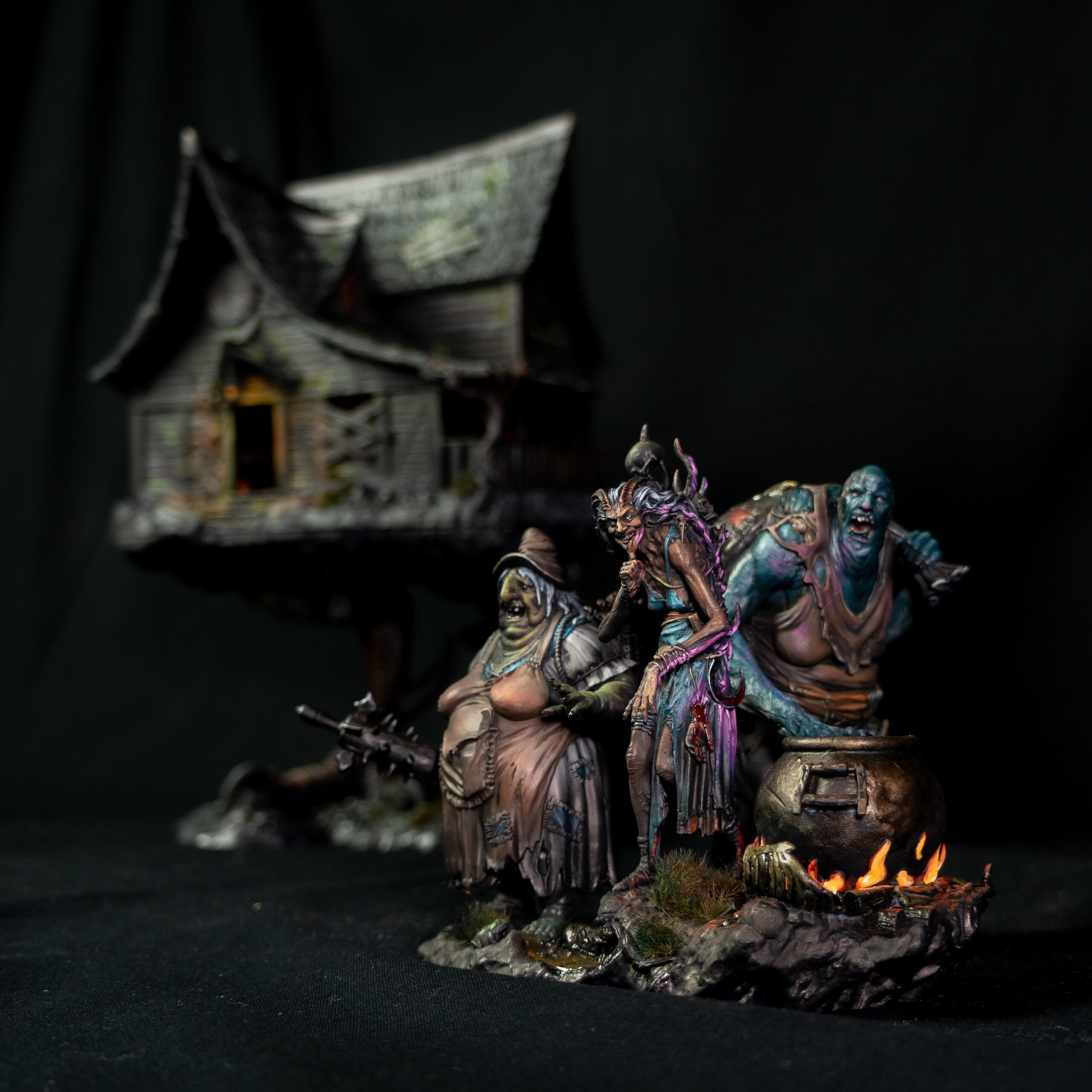How to Balance Skills in RPG Games
How to Make Sure Your Character Fits Perfectly in Your Campaigns
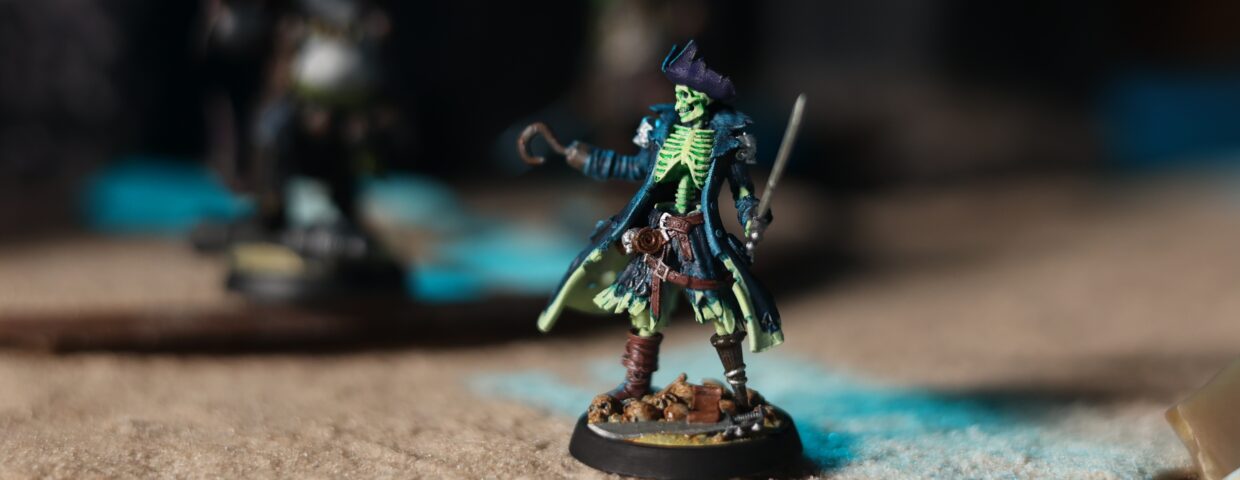
Min, Max and Everything Flex
The way you assign points or values in skills, atributes, disciplines or similar depends a lot on the style of game, theme, system, and setting you are playing. Some TTRPGs are known for being more focused on combat, some others are presented as more interpretative, but it all varies, and there’s no wrong of playing if everyone is having fun. But those points stand for something, and having the right combination of them may make you feel more useful, powerful, or heroic. So we will talk a little bit about the decisions that we make when filling a character sheet and the best way to balance skills in RPGs.
Talk to Your Fellow Players
Unless you are playing a solo TTRPG (and there are a bunch of those out there), most of the time those games focus on cooperation and even antagonism between player characters. For those characters to work alongside (or against) each other well, they need to be unique, have their own strenghts and weaknesses, and even secret powers. A good party is normally a well-balanced party, and if everyone is only great at strenght, power lifting, and hitting people with an axe, doing stealth may prove an enormous challenge. So a good idea is to try to be someone that fills a need everyone else cannot.
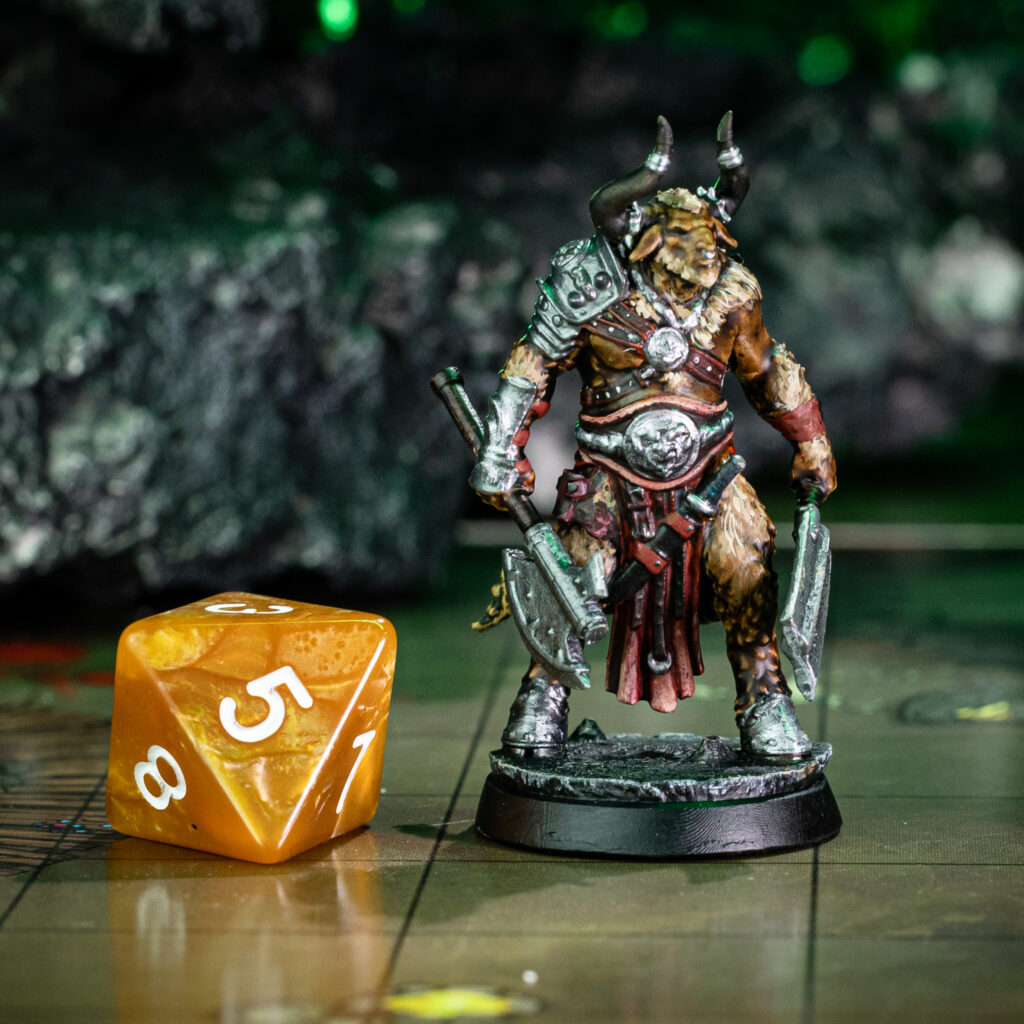
Do What Feels Cool for You
Sometimes when we get too involved in a hobby, we forget that the main goal of a game is simple: to have fun. So even though there are a lot of combos, sinergies, and ways to maximize power and efficiency, you don’t need to care that much. It’s almost never fun to play with a character that is not really good at anything, but… You can always focus on being good on something no one thinks matter. Anime heroes, comedians, mimes, nothing is off limits if it matches what your group wants from this adventure or campaign. Talk to the DM/narrator/observer, whatever the title is for who is providing the frame for this game, and see if they agree a specialist on macramé can really shine on this spies and cutthroats campaign.
Be Basic and Don’t Be Bothered
There are several templates and guides for the standard way to play a character class, clan, hero type, or similar. The core TTRPG books will, most of the time, provide you with those basics. You may think that doing something custom is always better, but the basics can provide you a easy way to play without thinking that much. The character stats define what your character is better at doing, but not who they are. You can use the same “basic fighter” template to roleplay a mercenary, a holy warrior, a tragic lover in pursuit of vengeance, a musketeer searching for the truth, a former evildoer that wants to make things right. The stats can help you be more efficient in doing stuff, but they cannot limit what your character can be.
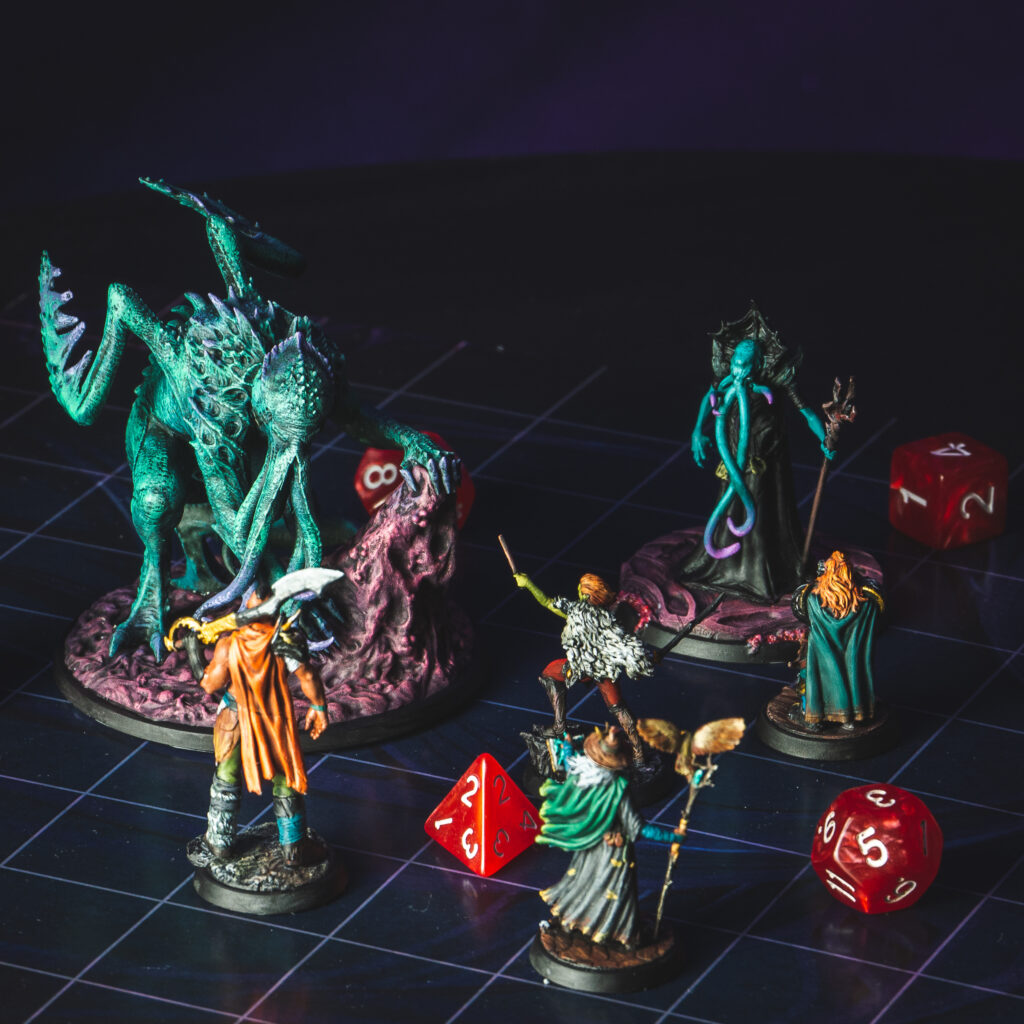
Final Touches
There isn’t a right way to assign skills or points in your character sheet. You define how your character will be created, evolved and so on. But there are several ways to make sure your character works well with the group, fits in this Dungeon Master’s campaign, and even fares well as an NPC, if something strange happens. Check your basics, align your ideas with the people playing with you, and go crazy. Remember, it’s a game, and you CAN create another character if this one doesn’t feels right or dies.
Loot Studios can help you tell your story. Choose your favorite bundle from our previous releases or sign up for Fantasy or Sci-Fi to receive a new bundle every month. You can also check out some tips at our YouTube Channel.


